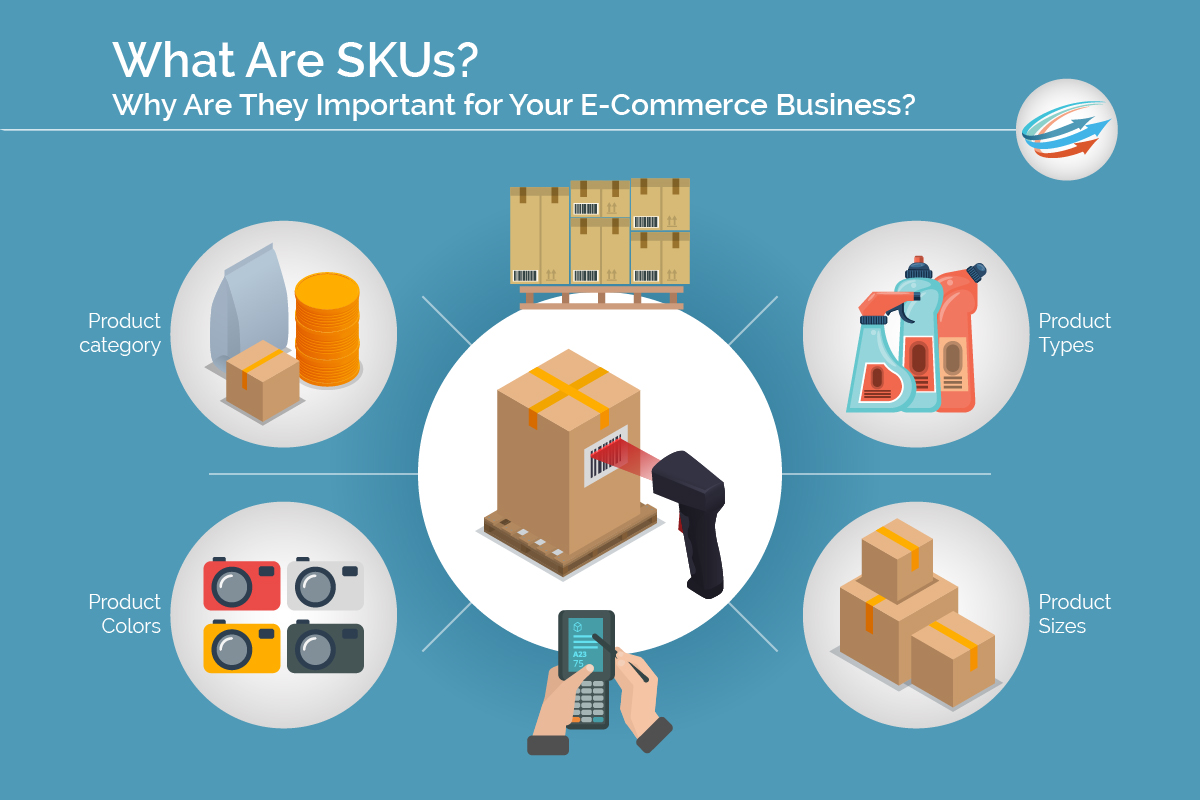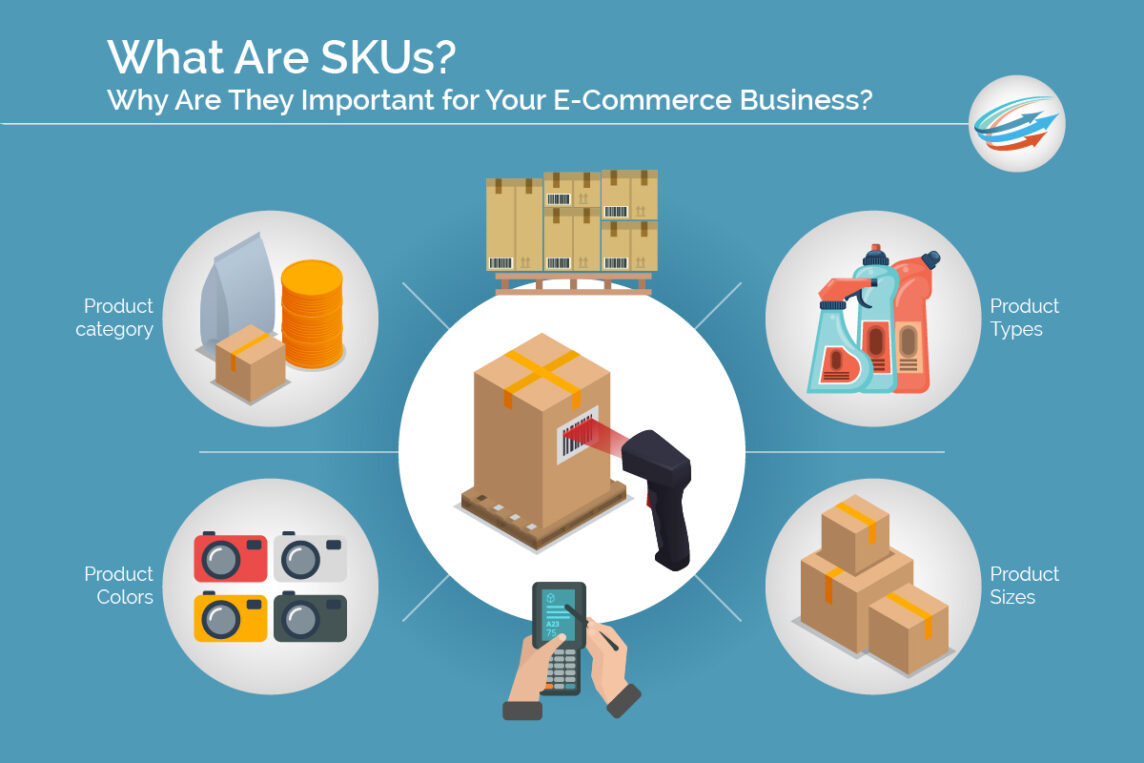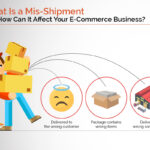
Knowing what a SKU is can be incredibly useful for businesses and their consumers alike. Every product has its own unique SKU, which helps track inventory and sales. If you are running an e-commerce business, it is important to understand SKUs and how to create them. In this post, we will discuss the importance of SKUs in e-commerce and how they can help you grow your business.
What Is a SKU?
A SKU, or stock keeping unit, is an identification code that unique identifies an item for sale—these codes are like barcodes in stores but contain more information than a barcode normally would. SKUs should include details such as product size and color, which helps ensure the product being purchased matches customer expectations.
Why Are SKUs Important for E-Commerce Stores?
For businesses that use SKUs, they provide helpful metrics about inventory and sales. Knowing where stock is currently located and what type of demand each item has is invaluable to running a successful operation. Below are some of the benefits of SKUs for e-commerce businesses.
- Provide Real-Time Inventory Status: By giving each product a unique number for identification purposes, SKUs allow store owners to keep real-time inventory status, ultimately providing customers with the best selection possible at any given time.
- Identify Shrinkage in Inventory: By assigning a distinct SKU number to every product, it makes it easy to detect product shrinkage from the inventory due to activities such as shoplifting, employee or customer theft, or incorrect ordering.
- Help with Sales Forecasting: SKUs also serve as a framework for sales forecasting, allowing marketers to anticipate customer needs based on trends in sales data.
- Advertising and Marketing: SKUs can benefit advertising and marketing efforts by providing key insights that guide campaigns and shape the customer’s journey through the store.
- Enhance Customer Experience: Ultimately, effective use of SKUs helps create an enhanced experience for customers; they can quickly find what they need without having to ask employees or waste time searching through the store’s selection.
How Do You Create SKUs for Your Inventory?
Before you can start generating SKUs, it is important to have a solid understanding of what will make up the structure of each one. Think carefully about how to best organize your items by size, color, feature set, or another relevant attribute.
Once you have determined this factorization, the rest of the task is just data entry—assign unique values to each attribute and combine them into a complete SKU code. Your ultimate goal should be to design a system that everybody can understand and use quickly so that no time goes wasted when managing your store’s stock.
How Do You Calculate SKUs?
The process of calculating SKUs isn’t overly complicated and can be broken down into a few simple steps. First, connect your current stock information with purchase orders that have been placed by customers. This will give you the numbers you need to determine how many SKUs you currently have in stock.
Next, tracking the shipment of any returned items is key—if any products are returned from fillers or distributors, reenter them into your inventory so the stock count can be determined properly.
What’s the Difference between a SKU and UPC?
UPC stands for Universal Product Code. This is usually found on products in that long barcode-like string of numbers that we have all come to recognize.
The difference between a SKU and UPC mostly comes down to their purpose; a SKU identifies the item within an inventory system while a UPC uniquely identifies it amongst all other items so it can be universally recognized.
Both options provide invaluable information essential to retailers identifying and purchasing products reliably.
Contact APS Fulfillment, Inc. Today to Learn More!
APS Fulfillment, Inc. offers e-commerce fulfillment services from Florida that branch out across the country, allowing us to meet yours and your clients’ specific needs. We have years of experience in the supply chain industry and are experts at implementing on-demand warehouse software or working out shipping logistics.
Get in touch with us today and one of our consultants will tailor a fulfillment plan that will help grow your business. To book a consultation, call (954) 582-7450 or email [email protected].






